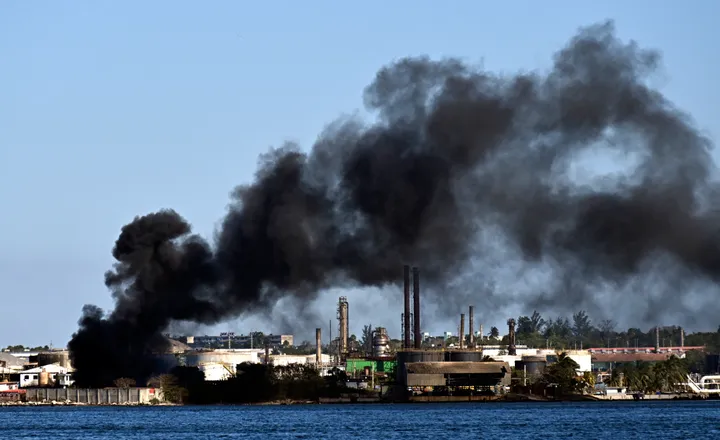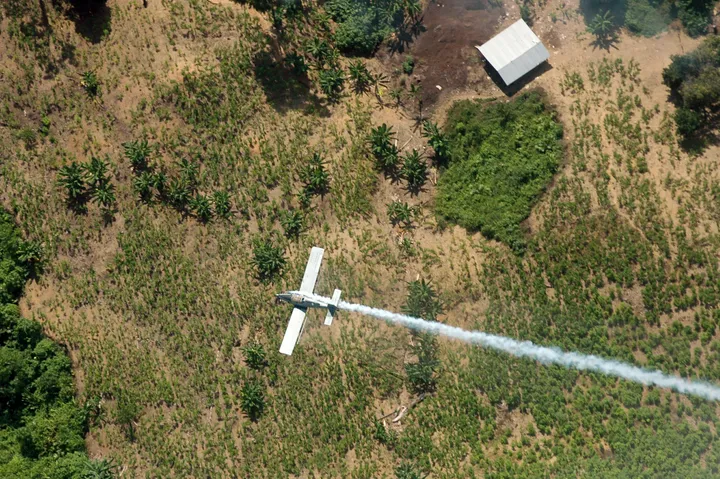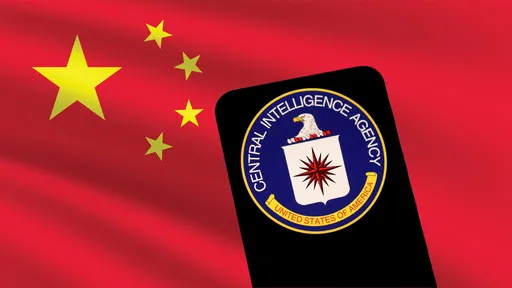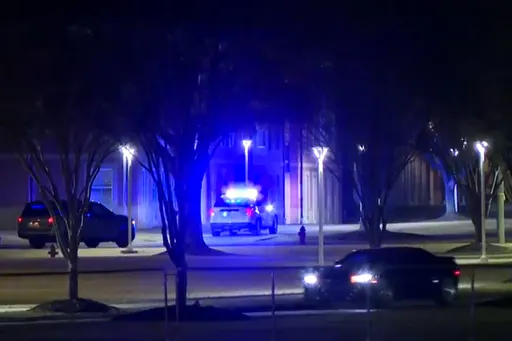Prime Minister Imran Khan left for his maiden visit to the United States on Saturday hoping to quench heightened diplomatic tensions between the two allies, mainly on Afghanistan.
In a first, the country’s top military leadership, including the powerful army chief, General Qamar Javed Bajwa, and newly-appointed head of the spy agency, Inter Services Intelligence (ISI), General Faiz Hameed are also accompanying Khan to hold talks with the Trump administration on a variety of issues ranging from terrorism to Afghanistan.
During his three-day visit, Khan will have a face-to-face meeting with US President Donald Trump at the White House on Monday.
Bajwa will visit The Pentagon to see US Army Chief General Mark Milley to discuss the ongoing reconciliation process in war-struck Afghanistan.
Khan’s visit follows a crackdown on several banned militant outfits, notably Jamaat ud Dawah (JuD) whose chief Hafiz Saeed was arrested on a terror-financing charge — a move hailed by Trump.
Apart from Saeed, the leaders of Jaish-e-Mohammad (JeM), Lashkar-e-Taiba (LeT), and Falah-e-Insaniat Foundation — a charity organization affiliated with the JuD — were booked for allegedly making assets through terror financing.
Also, authorities have seized several religious seminaries and schools tied to these groups across Pakistan, a longtime demand of the Financial Action Task Force (FATF) — a global terror financing watchdog, which has already threatened to blacklist Islamabad if it fails to act against terror financing.
“He [Khan] is visiting the US in a different atmosphere. Things are not as bad as they were for his predecessors during the last one decade,” Tauseef Ahmad Khan, a Karachi-based political analyst, told Anadolu Agency.
Citing the ongoing crackdown against militant groups, he opined that the country’s civilian and military leadership had finally decided to discard support to militancy, which was not the case previously.
“For the first time, the country’s military and civilian leadership are on the same page with regard to action against militant groups regardless of the fact they are good or bad [for the state]. And Washington has noticed that.”
“Unfortunately, this was not the case in the past as the previous government did not have the support of army establishment for a uniform action against these groups.”
This, he added, would “certainly” help Khan while presenting his country’s case during talks on terrorism with the Trump administration.
Afghanistan on the cards
Zafar Nawaz Jaspal, a professor of International Relations at Quaid-e-Azam University in Islamabad, said that the focus of the talks would be mainly on Afghanistan, anti-militancy cooperation, and economic and trade relations. Kashmir and relations with India will also dominate the agenda.
He too thinks that things will be “a bit different” this time “because the civilian and the military leadership are on the same page”. “I believe that this visit will reduce mistrust between the two sides caused by a series of events, mainly the difference of interests in Afghanistan,” Jaspal toldAnadolu Agency.“Islamabad has two major things to sell: end of the war in the region and cooperation against militancy,” he said referring to Pakistan’s crucial role in arranging direct talks between the US and the Taliban — aimed at ending an over 17-year-long conflict in Afghanistan. “Pakistan has better chances to once again exploit its strategic position and influence with regard to resolution of the Afghan conflict,” he went on to say.
Do More
Retired Lt. General Talat Masood, an Islamabad-based security analyst, however, reckons that the Trump administration would continue to pressure Pakistan to safeguard the former’s interests in the region, mainly in Afghanistan.
“I have the feeling that Washington would ask Islamabad to do more with regard to the ongoing reconciliation process in Afghanistan despite the fact Pakistan has already brought Taliban to the table,” Masood told Anadolu Agency.
“The US is not getting the desired results from the Taliban so far, especially their refusal to a national government in Afghanistan. Therefore, it would want Pakistan to further exploit its so-called influence on Taliban in this regard,” he said.
Besides, he added, the multi-billion dollar China Pakistan Economic Corridor (CPEC) was another bone of contention between Washington and Islamabad, which would certainly come under discussion during the visit.
"Washington is certainly not happy with Beijing’s expanding wings in the region and onwards. It is also not happy with Pakistan’s huge tilt toward China, economically and militarily. Therefore, it will go all out to discourage Pakistan in this regard,” he said.























